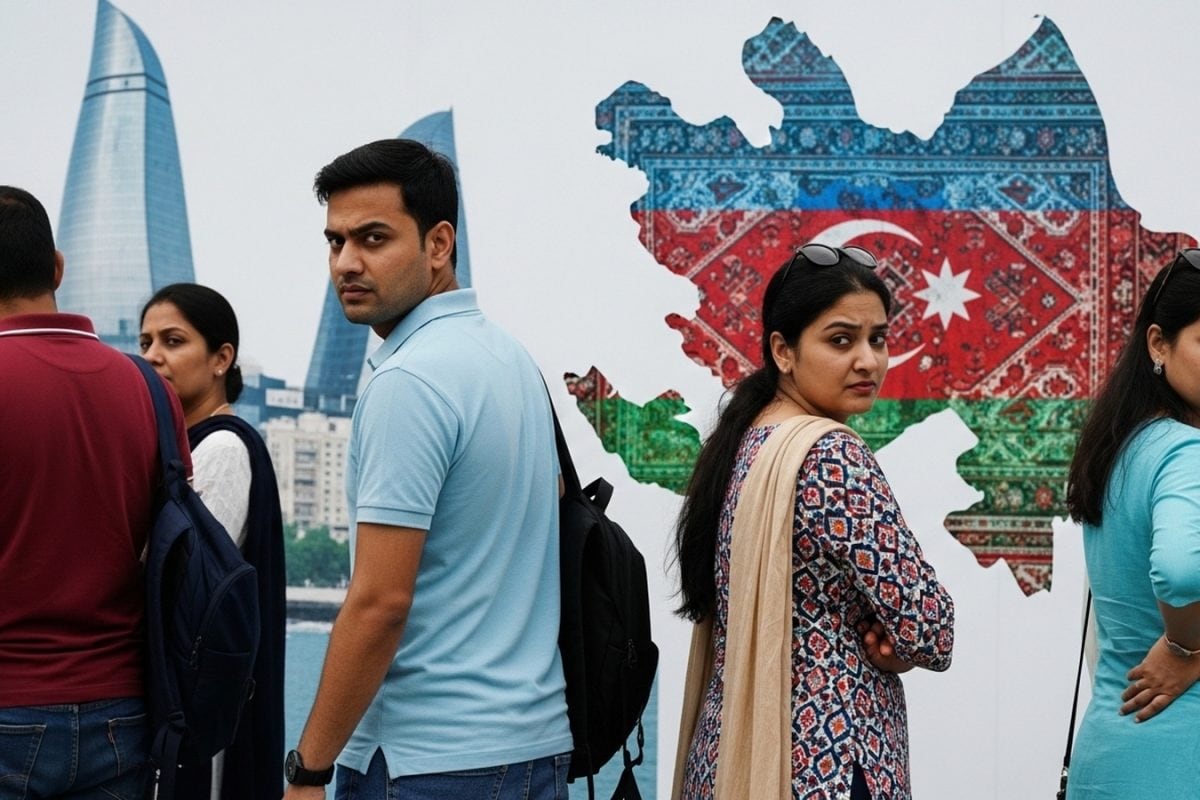

The number of Indian tourists visiting Azerbaijan has significantly decreased, mirroring a similar trend observed in Turkey. This decline is attributed to diplomatic tensions arising after "Operation Sindoor," during which both Turkey and Azerbaijan voiced support for Pakistan. This stance has triggered a wave of cancellations and a shift in travel preferences among Indian tourists.
Travel industry experts have reported a noticeable change in Indian tourism patterns due to the diplomatic fallout. Visa processing platform Atlys documented an immediate impact, recording a sharp 42% decline in visa applications to Turkey and Azerbaijan within ten days of the countries' statements supporting Pakistan. Furthermore, the number of users abandoning their visa application processes midway increased by 60% within 36 hours of the surfacing of diplomatic tensions.
This represents a stark contrast to the beginning of the year, when both Turkey and Azerbaijan were gaining popularity as affordable, short-haul international destinations for Indian tourists. In fact, visa applications to these nations had increased by nearly 64% in the first quarter of 2025 compared to the same period in 2024. Azerbaijan, in particular, witnessed a remarkable surge in Indian visitors, with numbers increasing more than 40 times over the past four years. In 2024, 243,589 tourists from India visited Azerbaijan. This made India the third-largest source of tourists for Azerbaijan. This growth was attributed to enhanced air connectivity between major Indian cities and Baku, facilitated by partnerships with Azerbaijan Airlines and IndiGo.
However, the recent diplomatic tensions have led to a reversal of this trend. Travel booking platforms are reporting notable drops in bookings for Turkey and Azerbaijan, along with increased cancellation requests. Some Indian travel service providers have even discontinued flight and hotel booking services for these countries, while others are actively discouraging Indian travelers from visiting and promoting alternative destinations.
The shift away from Turkey and Azerbaijan has led to increased interest in alternative destinations. Central Asian nations, particularly Kazakhstan, have captured increased attention from Indian tourists. Georgia and Armenia have also emerged as preferred alternatives to Azerbaijan, offering similar cultural experiences without the diplomatic complications. However, European destinations have struggled to capitalize on this shift due to persistent visa processing delays.
The decline in tourism to Azerbaijan and Turkey is expected to have a significant impact on their economies. In 2024, Indian tourists contributed significantly to the tourism revenue of both countries. This sudden drop in tourist arrivals could potentially affect local businesses and the overall tourism sector in these nations.
The situation highlights the sensitivity of tourism to geopolitical events and the potential for diplomatic tensions to influence travel decisions. It also demonstrates the increasing awareness and responsiveness of Indian tourists to international affairs, with many choosing to align their travel choices with their national sentiments.